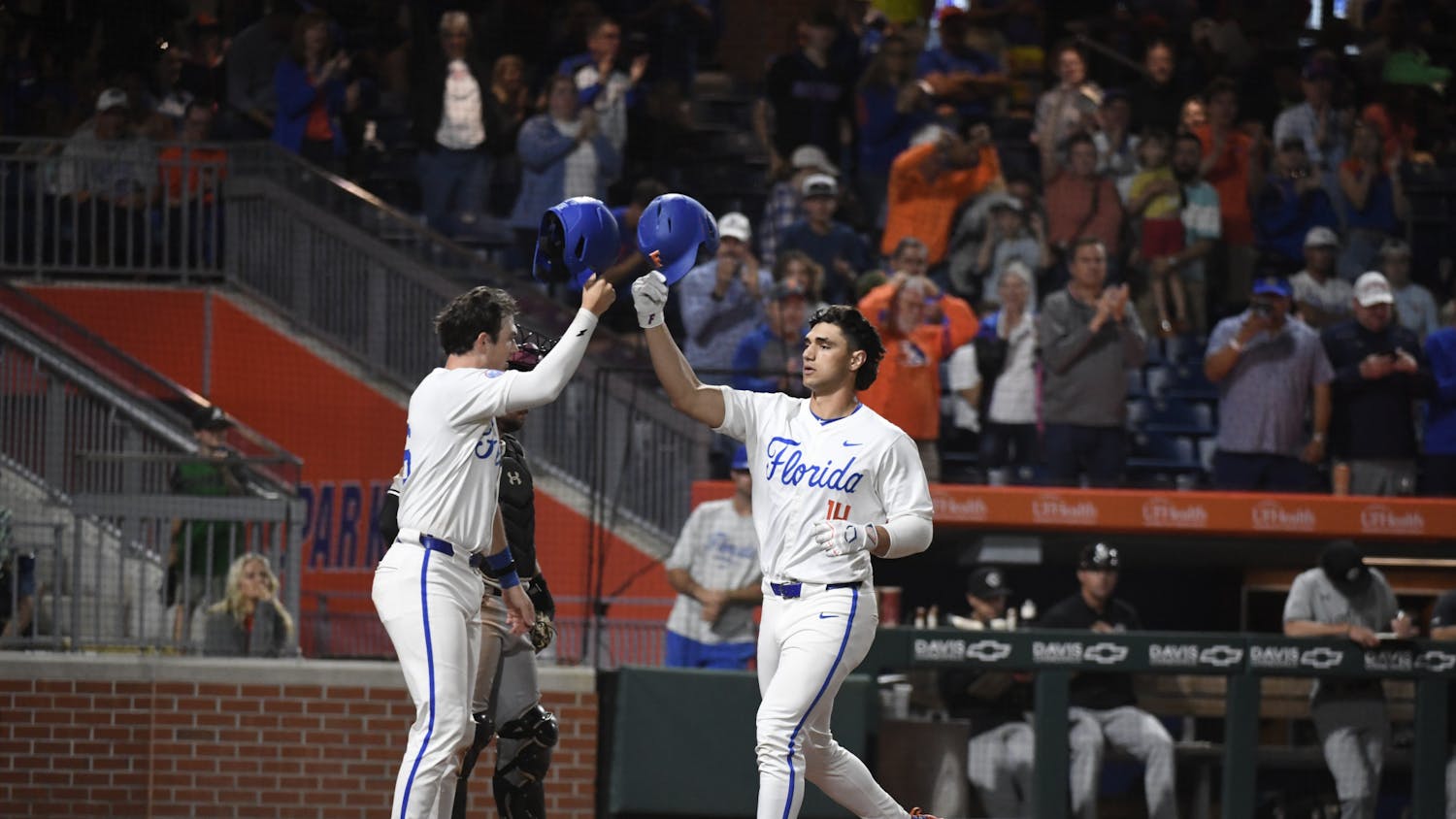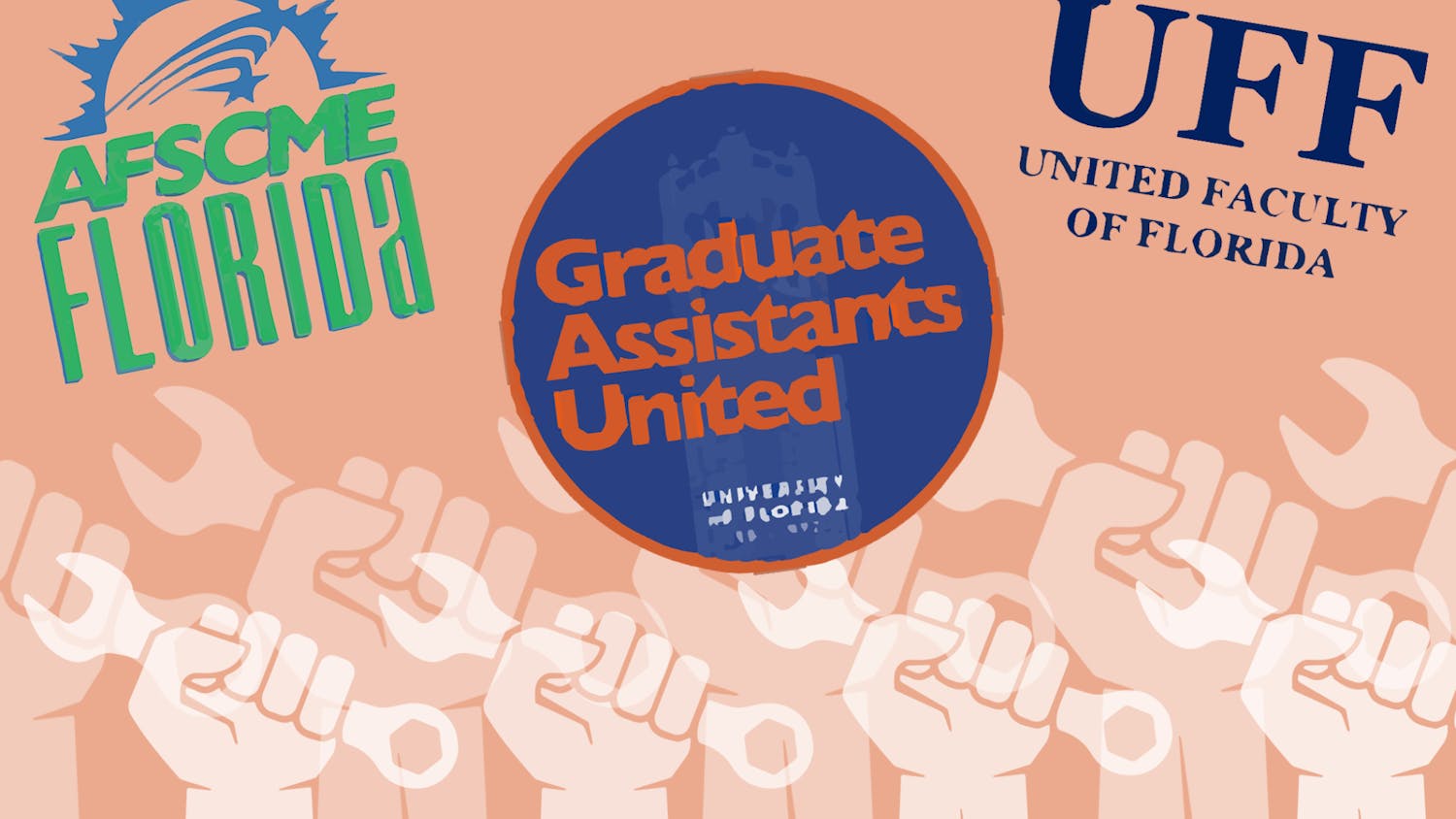I used to abhor the expression “the road to Hell is paved with good intentions.” If there’s a Hell, we’re probably living in it already, and why fault people for their good intentions?
When I moved to Gainesville for graduate school two years ago, my roommate and I moved into a cute little blue house in the Southeast. It’s close enough to campus to walk, but far enough away to maintain a distinct neighborhood feel. (Unsolicited advice: walk around the bed-and-breakfast district. It’s beautiful!!)
Within a few weeks, we started meeting and befriending our neighbors, who have made living in the Southeast a delight. We go on walks, smoke and drink together and exchange gifts. They let us know if they see anything fishy and keep us up-to-date on First Avenue’s gossip.
The Southeast, in recent memory, is a predominantly black neighborhood filled with beautiful cottages and mansions that date from the late 19th century to the first half of the last century. As we understand it, our house was in pretty grave condition when my landlord acquired and refurbished it so it would be livable. As such, the rent we pay is much higher than the rents around us, which is certainly a textbook case of gentrification. Mea culpa!
A little while back, we woke up to a cacophony of hammering and car horns. In the side yard of our neighbor’s house a construction crew was putting up what seemed to be a huge shed. The structure became more elaborate, and in the next few days a film crew appeared. Our peaceful neighborhood had become quite surreal.
A lady setting up a refreshment table for the film crew informed me they were filming for “Tiny House Nation.” That was exciting; maybe we’d finally end up on a reality TV show.
The Alligator ran a story a short while later about the builders and their seemingly noble intentions to build a tiny house to benefit the Southeast by attracting investment.
With all due respect to my neighbors, in my daily walks past the house, I’m struck by how not tiny it is, and also the fact that it was constructed in a side yard next to their current residence, both serviced by one driveway. Furthermore, aesthetically, the house looks like something a drunk Liberace dreamed up for a tacky Candyland skit. It’s horrible!
In my approximation, gentrification is certainly a form of colonialism, in that those with resources, yuppie white people, find themselves completely entitled to certain areas because of their historic or cultural value.
I acknowledge the inherent worth of preservation and conservation of historic structures and areas, but gentrification always disrupts and poisons the organic configuration of a neighborhood. Per endless value judgments and capital schemes, the natural flavor of a place is always usurped by trendy and fad-like elements. We could do without your juice bars, hip coffee shops and not-so-tiny houses.
What strikes a nerve, furthermore, is the very pompous suggestion that building a sizably large house (by the standards of the vast majority of the world) entails “cutting back.” Privilege spawns blindness, and the “tiny house” phenomenon is painfully blind to, and ignorant of the reality of, a world in which so many live in destitution, and what we deem tiny, they’d deem opulent and excessive.
Rich, white Americans, neo-colonialists by any metric, are accustomed to having the world as their oyster and dispossessing others through their identity projects and false charity: lest they market gentrification as anything else.
The historical precedents of socio-economic injustice are difficult to overcome, and we live daily the vestiges of slavery and oppression against black Americans. However, this does preclude the possibility of living in harmony in diverse, historic neighborhoods.
Go outside, meet your neighbors, drink with them, eat with them, get to know them, for the greatest gift we can extend to each other is hospitality and friendship.
Jordan MacKenzie is a second-year UF linguistics master’s student. His column appears on Thursdays.





